James Atlas
A free daily email with the biggest news stories of the day – and the best features from TheWeek.com
You are now subscribed
Your newsletter sign-up was successful
James Atlas is a founding editor of the Lipper/Viking Penguin Lives Series, a longtime contributor to The New Yorker, and author of Bellow: A Biography (Random House, $35).
Sentimental Education by Gustave Flaubert (Viking Press, $8). Flaubert’s greatest novel, which rehearses the familiar story (also beautifully told in Balzac’s Lost Illusions) of an ambitious young man from the provinces who aspires to greater things, and journeys to the big city to make his way.
Anna Karenina by Leo Tolstoy (Modern Library, $10). This novel can be read over and over as you grow older, with an ever-deepening insight into its universal truths. The famous “mushroom-picking scene” is a poignant depiction of the randomness of fate that’s lost on the young, who persist in the illusion that we’re the masters of our own fate.
The Week
Escape your echo chamber. Get the facts behind the news, plus analysis from multiple perspectives.

Sign up for The Week's Free Newsletters
From our morning news briefing to a weekly Good News Newsletter, get the best of The Week delivered directly to your inbox.
From our morning news briefing to a weekly Good News Newsletter, get the best of The Week delivered directly to your inbox.
Father and Son by Edmund Gosse (Penguin USA, $12). A touching and bittersweet portrait of the conflict, played out in every generation, between fathers and sons, who struggle to negotiate between the fathers’ impulse to dominate their sons and the sons’ need for independence.
Autobiography of Edward Gibbon by Edward Gibbon (out-of-print). Gibbon’s meditation on his monumental achievement not only illuminates the mind and sensibility that produced The Rise and Fall of the Roman Empire; it’s a masterpiece of life-summation (to coin a word), the act of evaluating one’s achievements with humility and clarity in a genre that all too often becomes an exercise in self-aggrandizement.
Stop-Time by Frank Conroy (Penguin USA, $13). The best book ever written on what it’s like to be a boy growing up in postwar America. Conroy rides around on his bicycle, loiters on the fire escape of his apartment, dawdles idly through hot summer days; he devotes a whole chapter to the tricks of a yo-yo master encountered during a Florida sojourn. It doesn’t matter; the experience of adolescence has never been more intensely rendered.
Herzog by Saul Bellow (Penguin USA, $14). The master’s masterpiece, his most perfectly composed book. Every sentence shines; there is no real plot, as usual with Bellow, but no plot is required. Moses Herzog—academic, intellectual, victim of a marital disaster, great-souled ordinary man—is coming apart, a disintegration that leads him, in the end, to wisdom.
A free daily email with the biggest news stories of the day – and the best features from TheWeek.com
-
 Political cartoons for February 16
Political cartoons for February 16Cartoons Monday’s political cartoons include President's Day, a valentine from the Epstein files, and more
-
 Regent Hong Kong: a tranquil haven with a prime waterfront spot
Regent Hong Kong: a tranquil haven with a prime waterfront spotThe Week Recommends The trendy hotel recently underwent an extensive two-year revamp
-
 The problem with diagnosing profound autism
The problem with diagnosing profound autismThe Explainer Experts are reconsidering the idea of autism as a spectrum, which could impact diagnoses and policy making for the condition
-
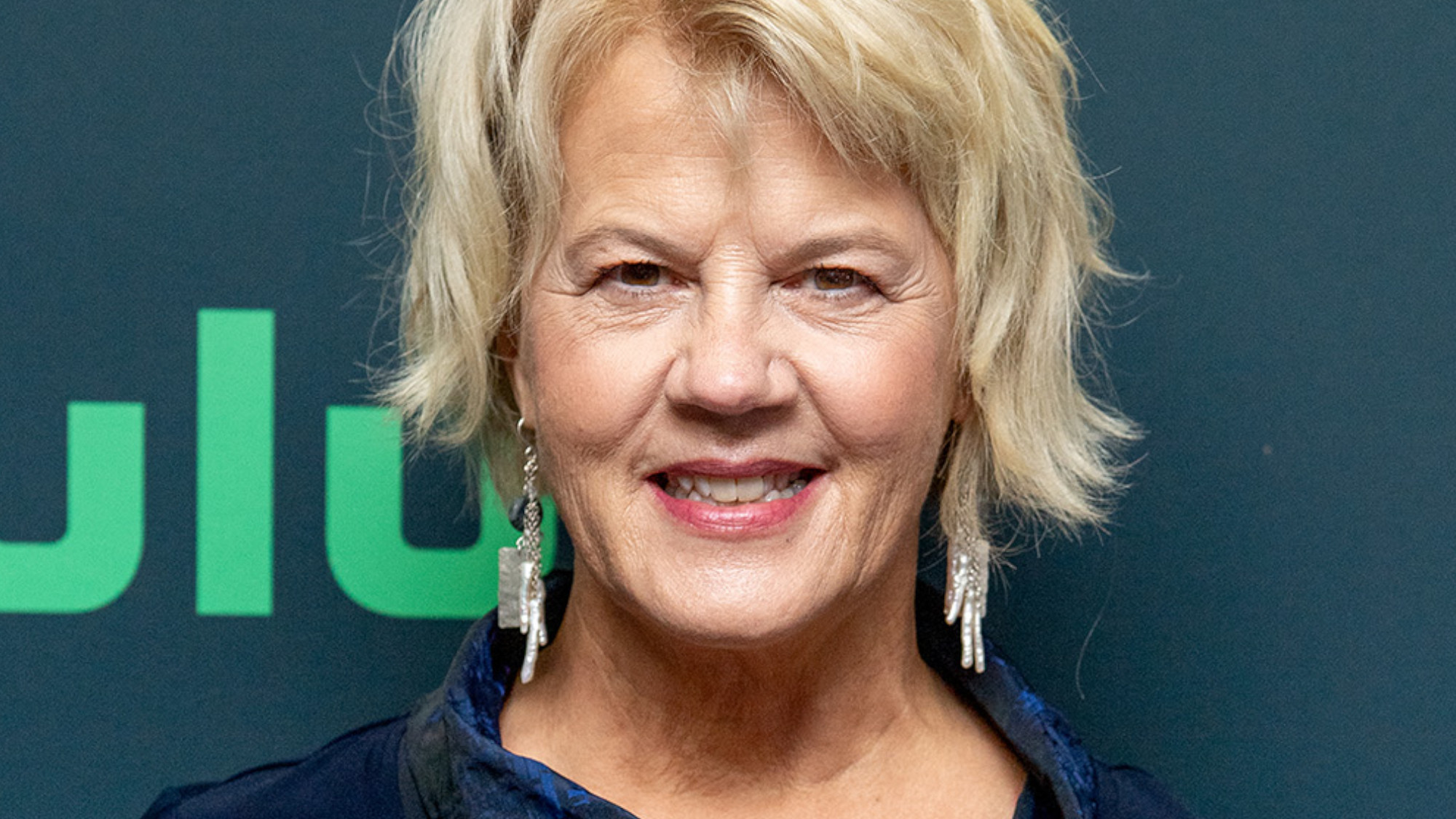 Beth Macy’s 6 favorite books about living in a divided nation
Beth Macy’s 6 favorite books about living in a divided nationFeature The journalist recommends works by Nicholas Buccola, Matthew Desmond, and more
-
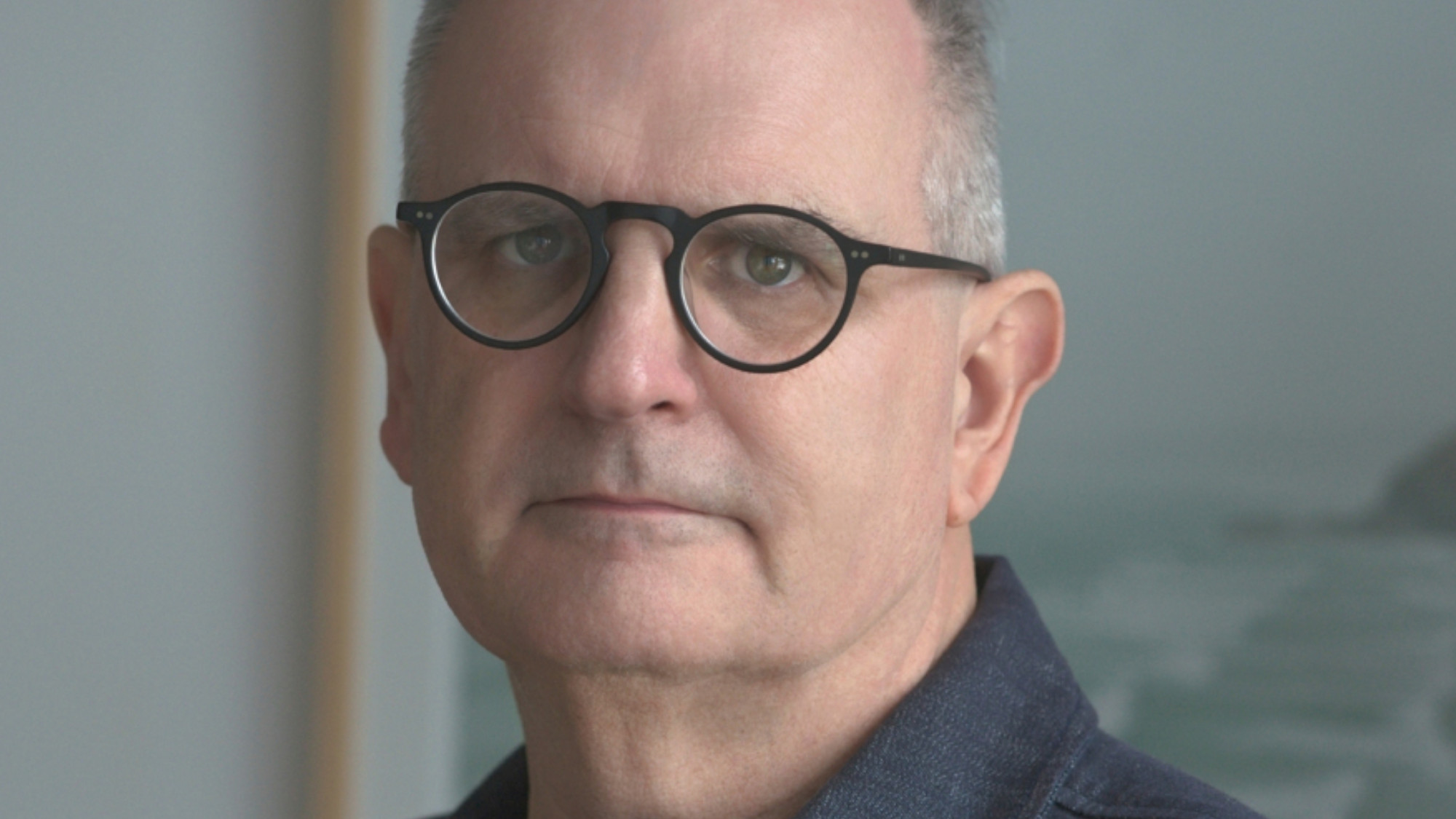 Gilbert King’s 6 favorite books about the search for justice
Gilbert King’s 6 favorite books about the search for justiceFeature The journalist recommends works by Bryan Stevenson, David Grann, and more
-
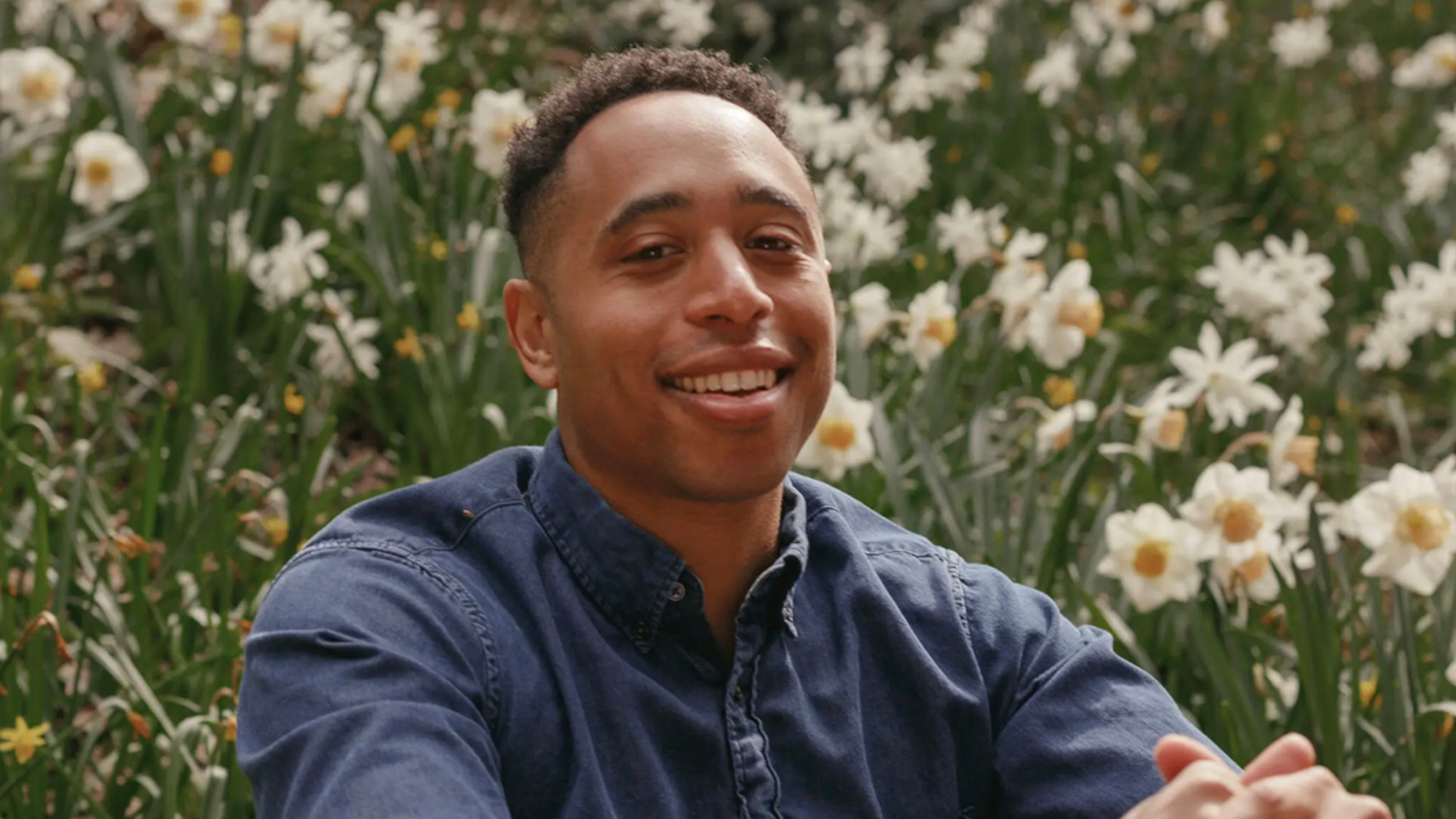 Nathan Harris’ 6 favorite books that turn adventures into revelations
Nathan Harris’ 6 favorite books that turn adventures into revelationsFeature The author recommends works by Kazuo Ishiguro, Ian McGuire, and more
-
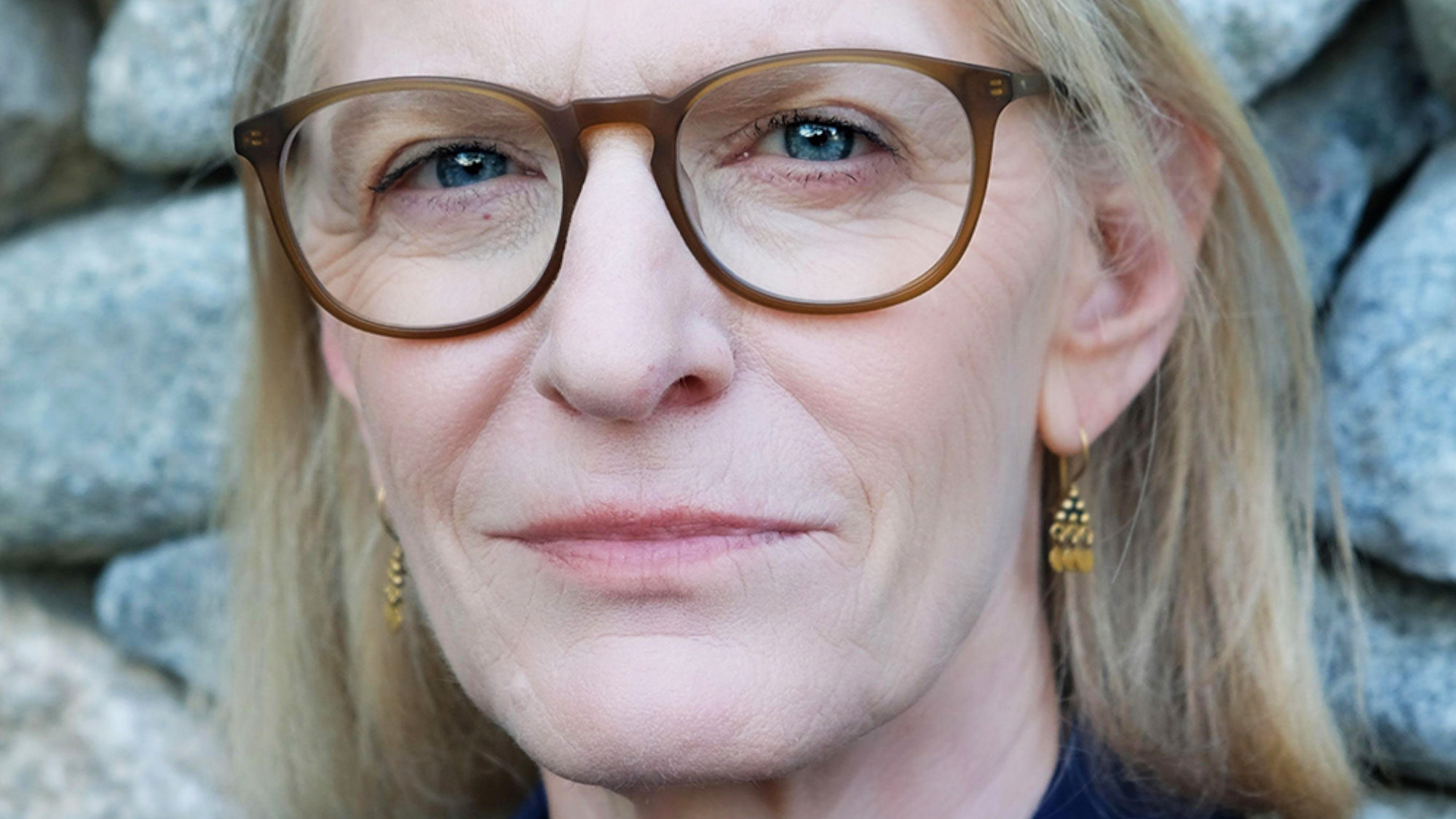 Marisa Silver’s 6 favorite books that capture a lifetime
Marisa Silver’s 6 favorite books that capture a lifetimeFeature The author recommends works by John Williams, Ian McEwan, and more
-
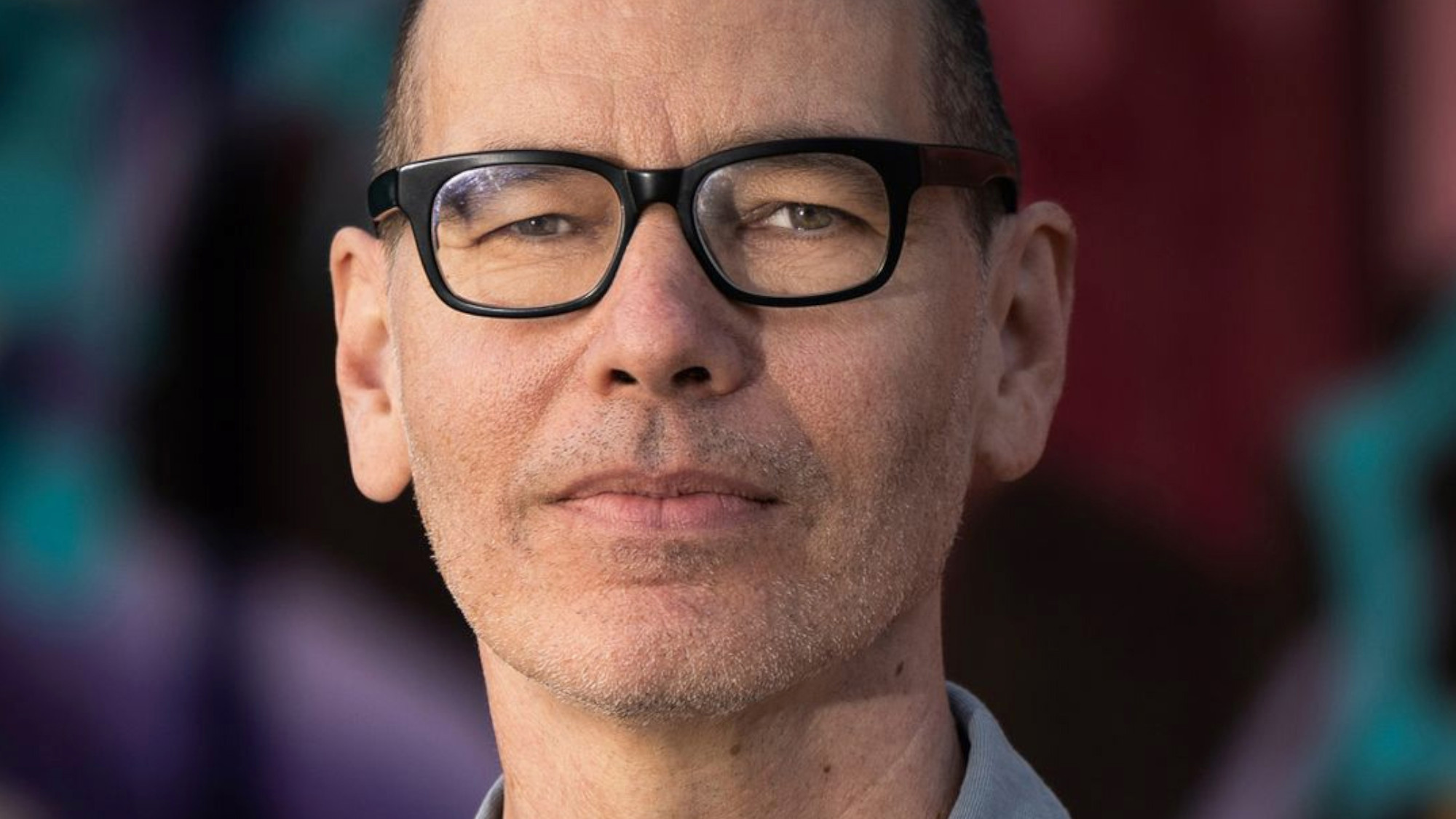 Lou Berney’s 6 favorite books with powerful storytelling
Lou Berney’s 6 favorite books with powerful storytellingFeature The award-winning author recommends works by Dorothy B. Hughes, James McBride, and more
-
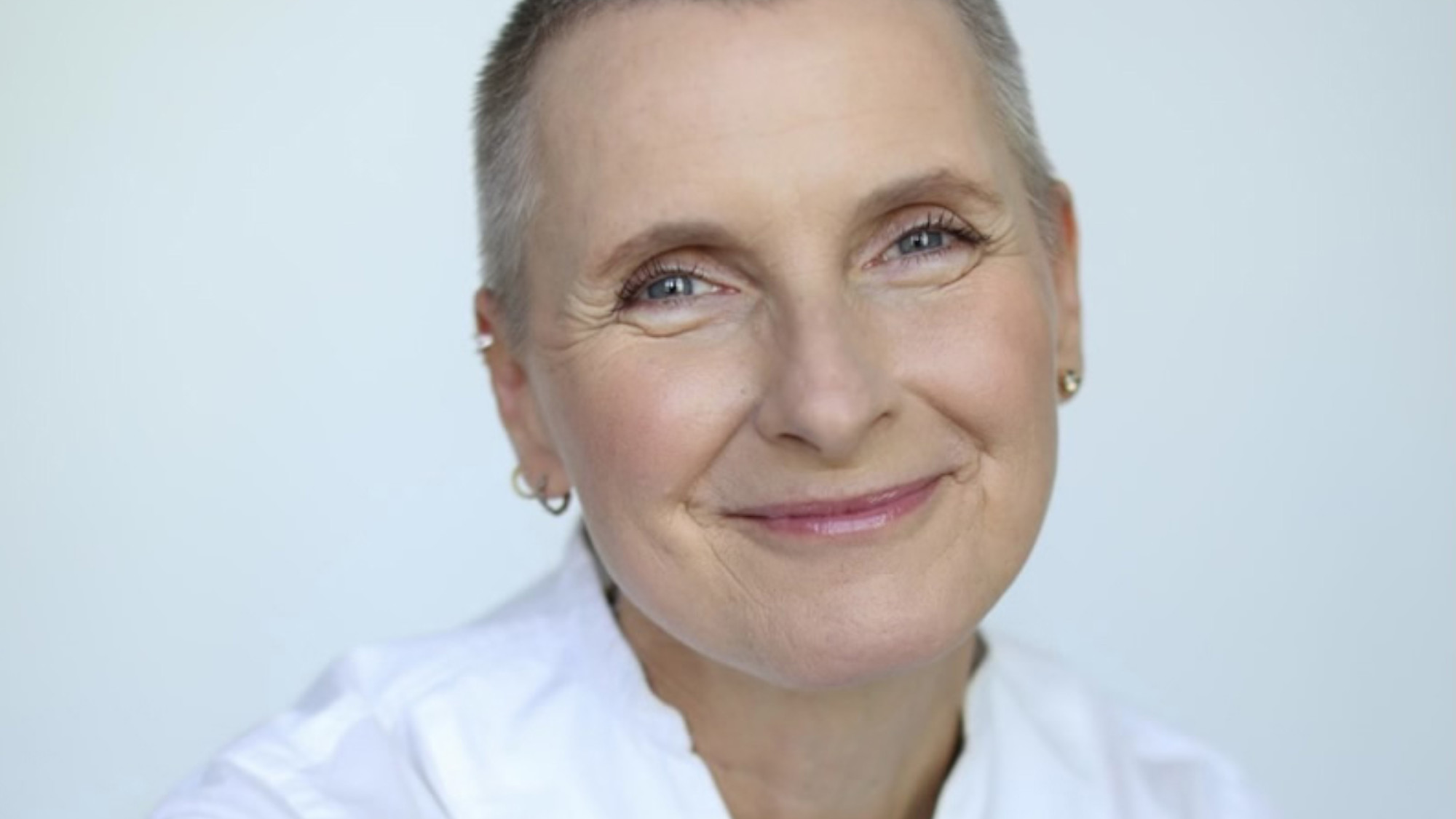 Elizabeth Gilbert’s favorite books about women overcoming difficulties
Elizabeth Gilbert’s favorite books about women overcoming difficultiesFeature The author recommends works by Tove Jansson, Lauren Groff, and more
-
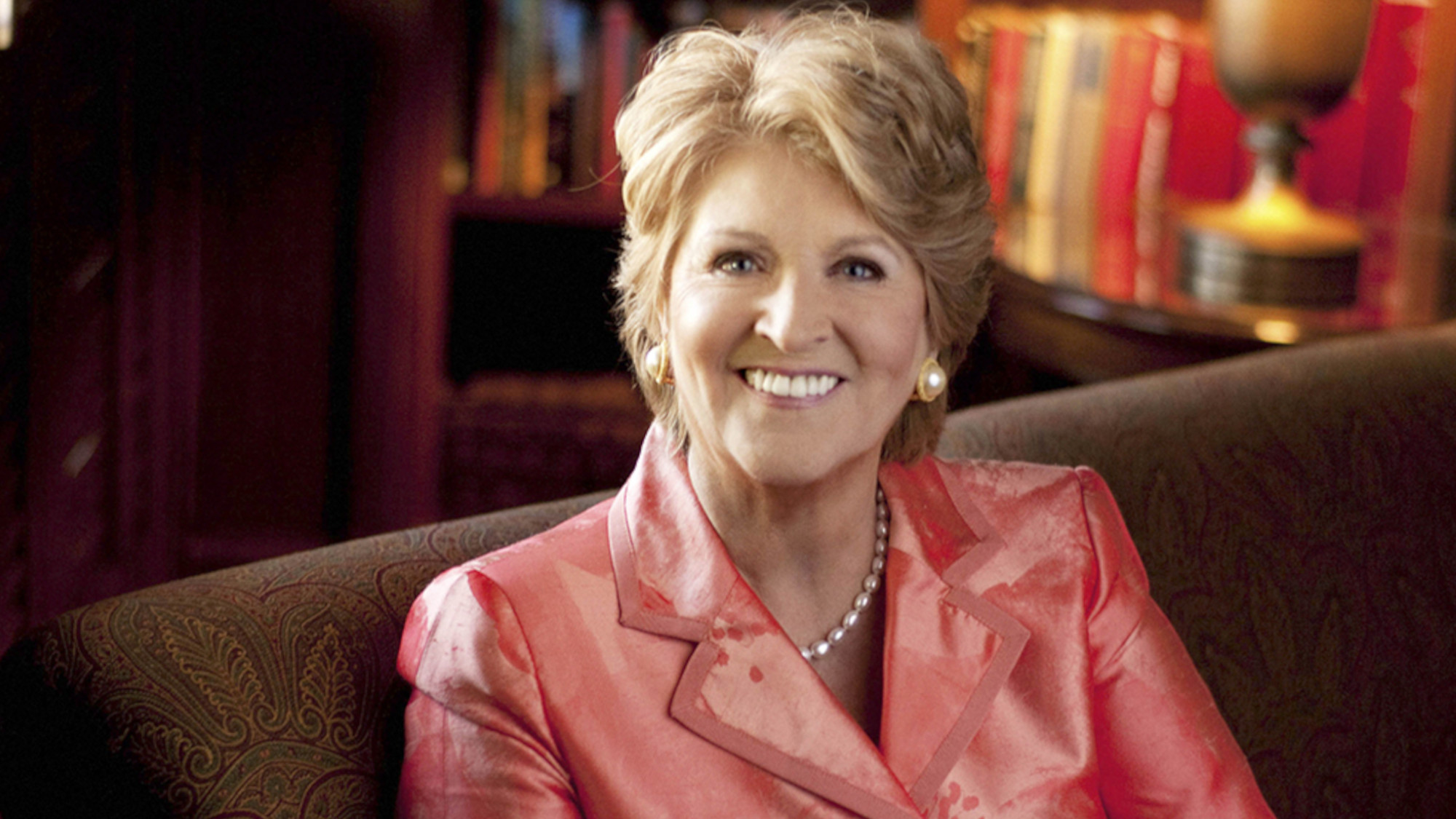 Fannie Flagg’s 6 favorite books that sparked her imagination
Fannie Flagg’s 6 favorite books that sparked her imaginationFeature The author recommends works by Johanna Spyri, John Steinbeck, and more
-
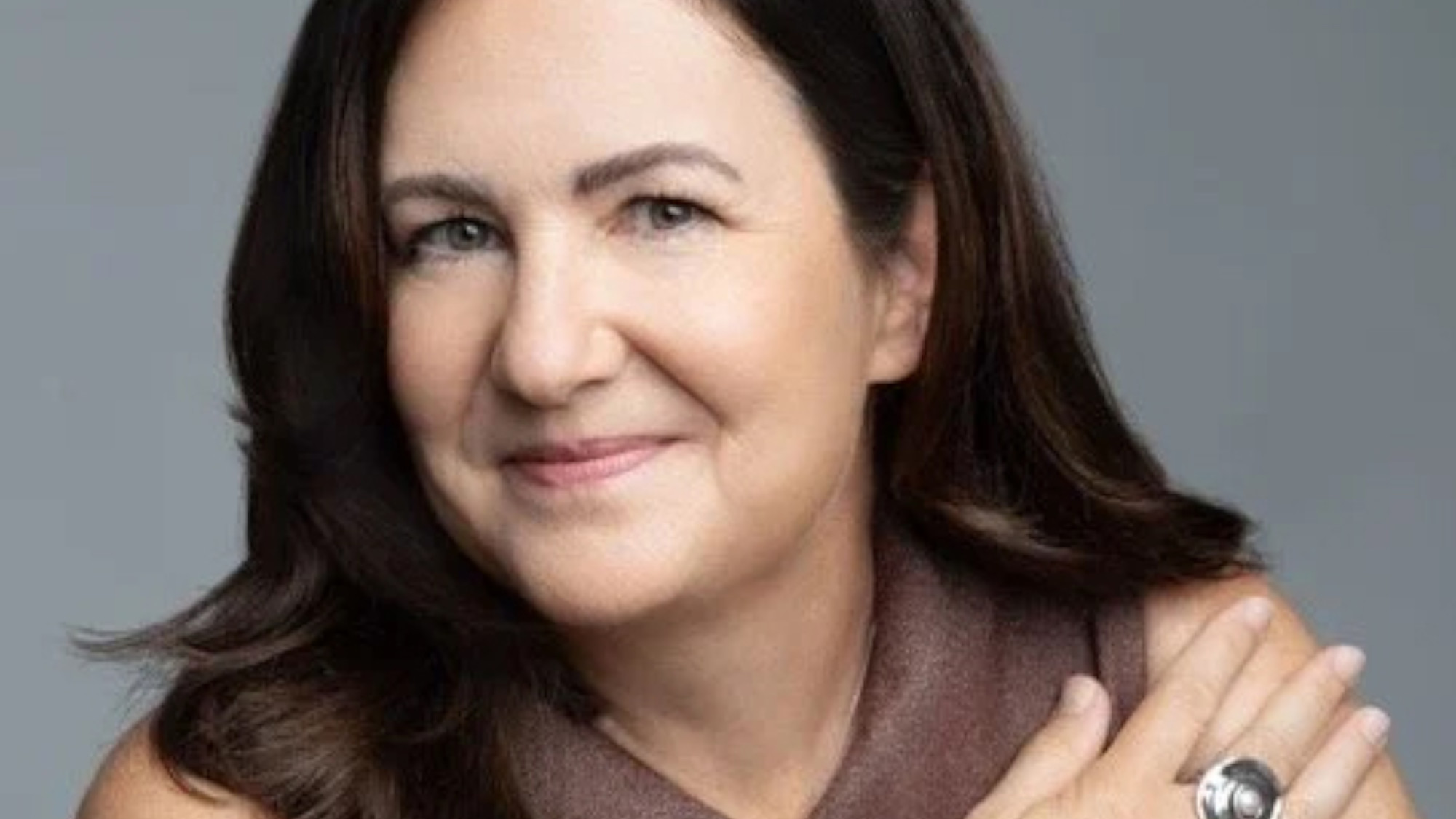 Jessica Francis Kane's 6 favorite books that prove less is more
Jessica Francis Kane's 6 favorite books that prove less is moreFeature The author recommends works by Penelope Fitzgerald, Marie-Helene Bertino, and more